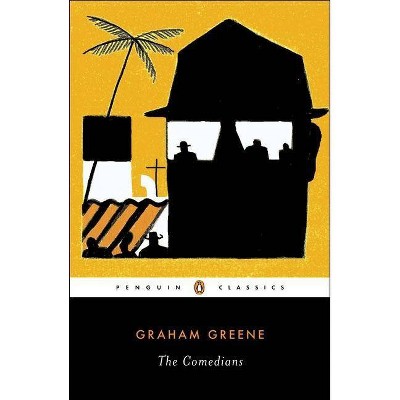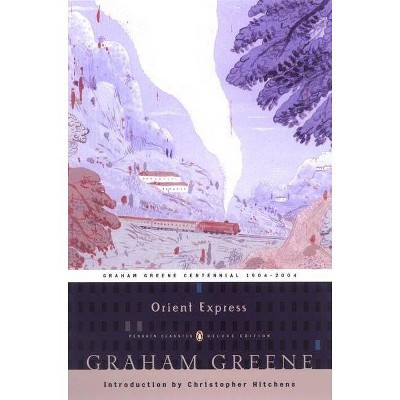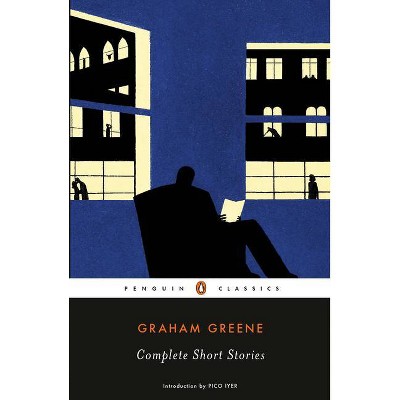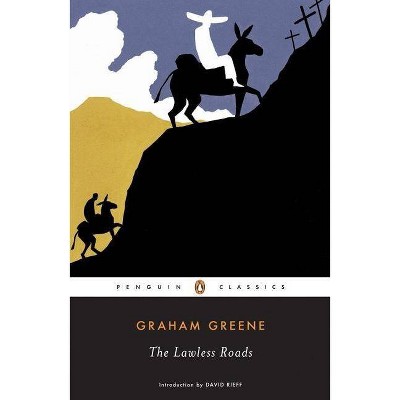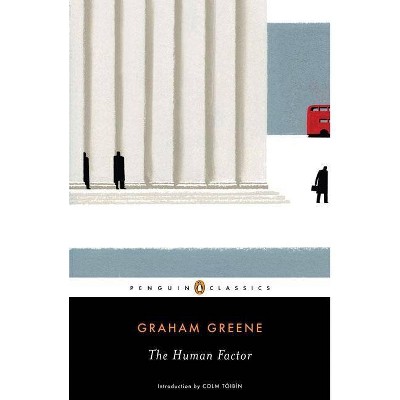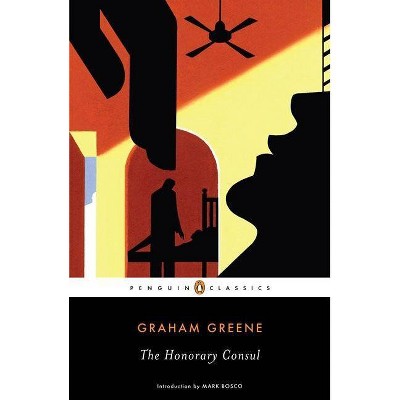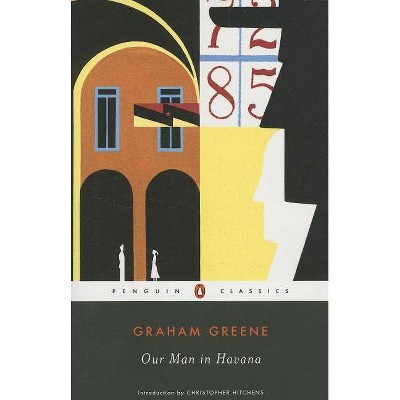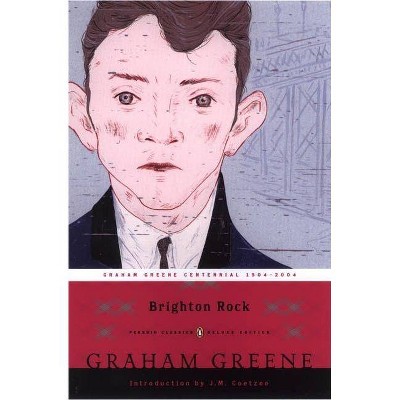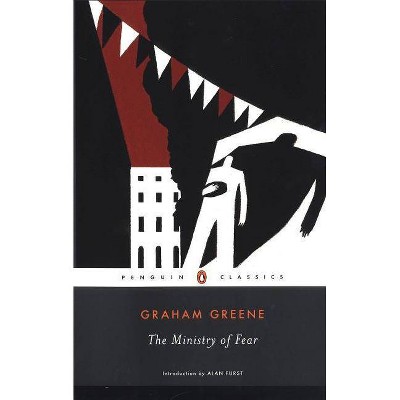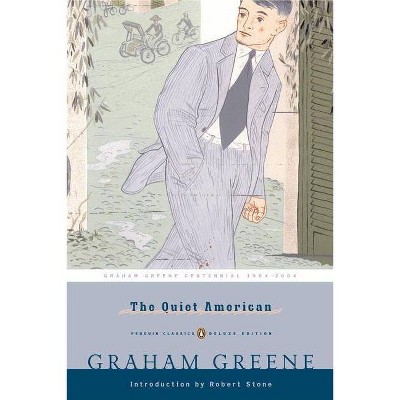Monsignor Quixote - (Penguin Classics) by Graham Greene (Paperback)
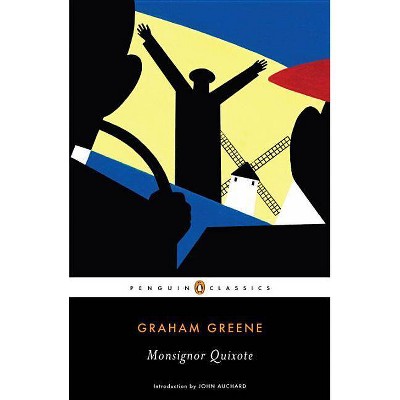
Similar Products
Products of same category from the store
AllProduct info
<p/><br></br><p><b> Book Synopsis </b></p></br></br>When Father Quixote, a local priest of the Spanish village of El Toboso who claims ancestry to Cervantes' fictional Don Quixote, is elevated to the rank of monsignor through a clerical error, he sets out on a journey to Madrid to purchase purple socks appropriate to his new station. Accompanying him on his mission is his best friend, Sancho, the Communist ex-mayor of the village who argues politics and religion with Quixote and rescues him from the various troubles his innocence lands him in along the way. Published in 1932, <i>Monsignor Quixote </i>is Graham Greene's last religious novel, a fond homage to Cervantes, and a sincere exploration into the meaning of faith in the modern world. This edition features a new introduction by John Auchard. <p/>For more than seventy years, Penguin has been the leading publisher of classic literature in the English-speaking world. With more than 1,700 titles, Penguin Classics represents a global bookshelf of the best works throughout history and across genres and disciplines. Readers trust the series to provide authoritative texts enhanced by introductions and notes by distinguished scholars and contemporary authors, as well as up-to-date translations by award-winning translators.<p/><br></br><p><b> About the Author </b></p></br></br><b>Graham Greene </b>(1904-1991), whose long life nearly spanned the length of the twentieth century, was one of its greatest novelists. Educated at Berkhamsted School and Balliol College, Oxford, he started his career as a sub-editor of <i>The Times of London. </i>He began to attract notice as a novelist with his fourth book, <i>Orient Express, </i>in 1932. In 1935, he trekked across northern Liberia, his first experience in Africa, recounted in <i>A Journey Without Maps </i>(1936). He converted to Catholicism in 1926, an edifying decision, and reported on religious persecution in Mexico in 1938 in <i>The Lawless Roads, </i>which served as a background for his famous <i>The Power and the Glory</i>, one of several "Catholic" novels (<i>Brighton Rock, The Heart of the Matter, The End of the Affair). </i>During the war he worked for the British secret service in Sierra Leone; afterward, he began wide-ranging travels as a journalist, which were reflected in novels such as <i>The Quiet American, Our Man in Havana, The Comedians, Travels with My Aunt, The Honorary Consul, The Human Factor, Monsignor Quixote, </i>and <i>The Captain and the Enemy. </i>In addition to his many novels, Graham Greene wrote several collections of short stories, four travel books, six plays, two books of autobiography--<i>A Sort of Life </i>and <i>Ways of Escape</i>--two biographies, and four books for children. He also contributed hundreds of essays and film and book reviews to <i>The Spectator </i>and other journals, many of which appear in the late collection <i>Reflections. </i>Most of his novels have been filmed, including <i>The Third Man</i>, which the author first wrote as a film treatment. Graham Greene was named Companion of Honour and received the Order of Merit among numerous other awards. <p/><b>John Auchard</b> is a professor of English at the University of Maryland at College Park, and the editor of <i>The Portable Henry James</i>.
Price History
Price Archive shows prices from various stores, lets you see history and find the cheapest. There is no actual sale on the website. For all support, inquiry and suggestion messagescommunication@pricearchive.us
